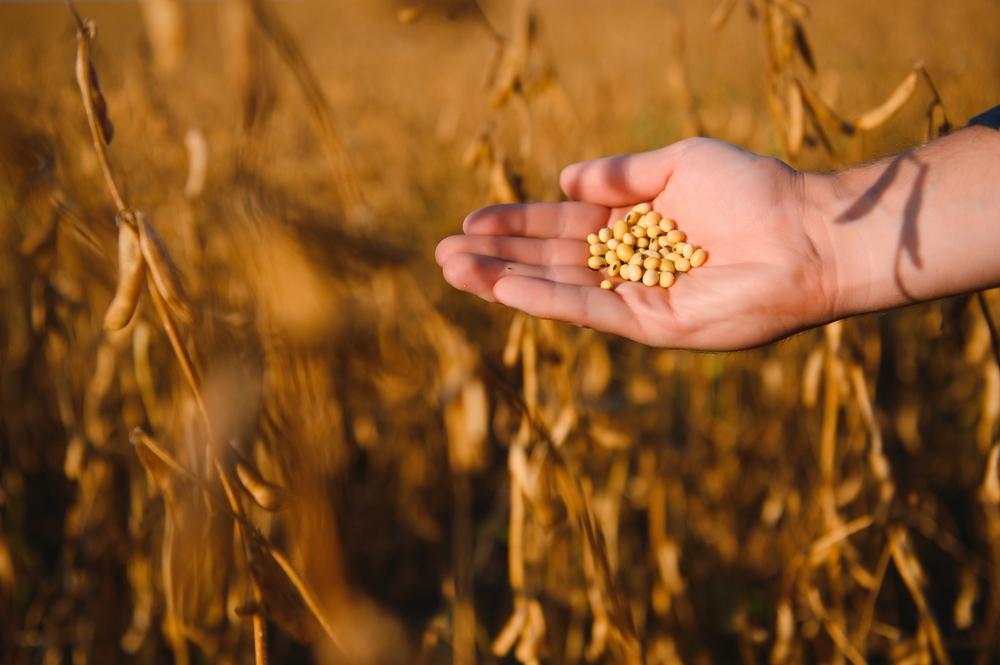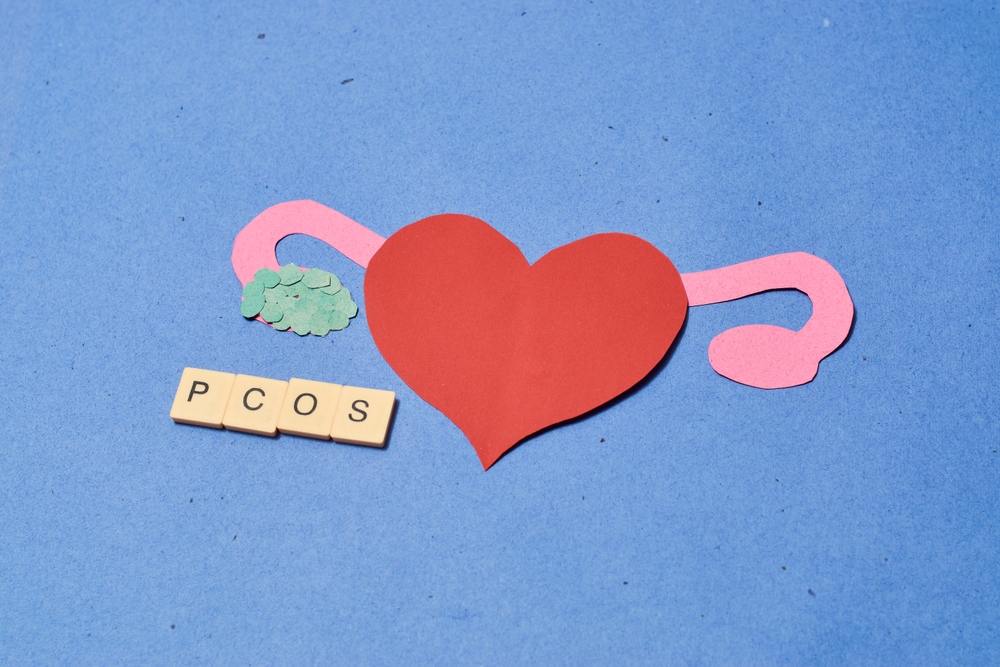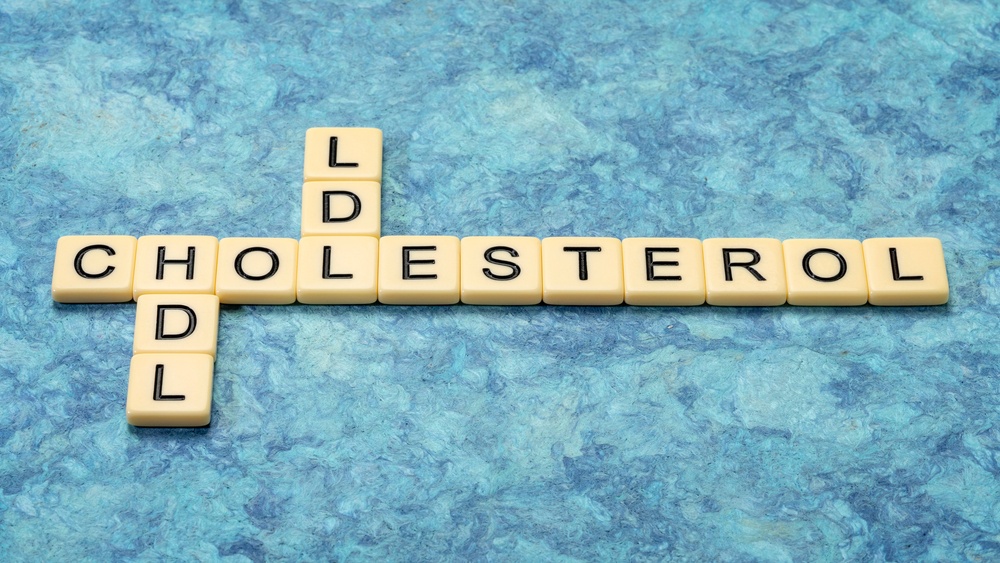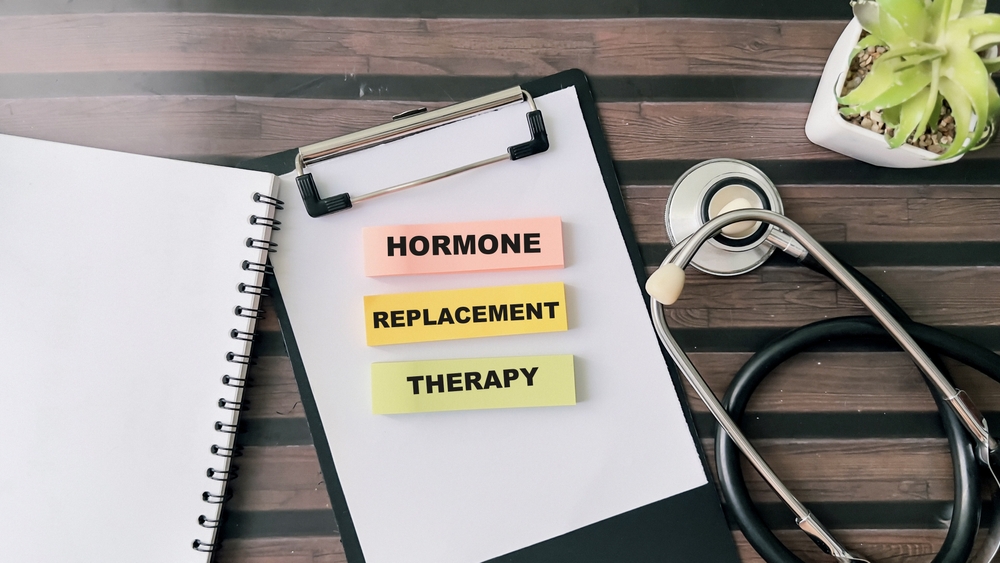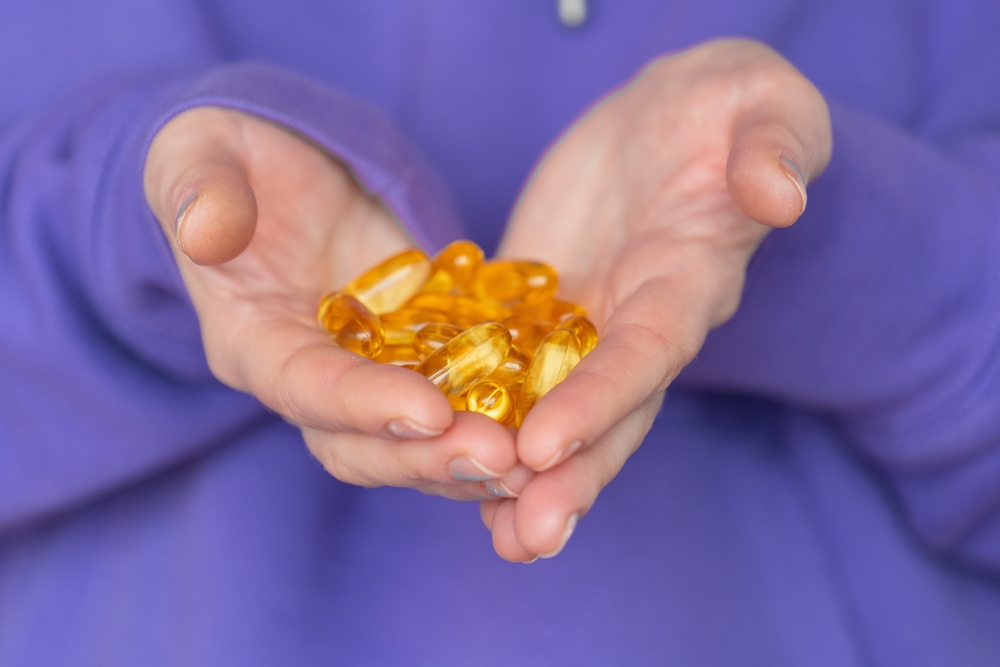Quick Summary
- Soy contains isoflavones that weakly mimic estrogen, which may affect hormone balance differently in women based on age and health.
- Whole soy foods, such as tofu and tempeh, offer protein, fiber, and plant compounds that support women's health more effectively than processed soy products.
- Research shows soy intake may reduce breast cancer risk, especially when consumed regularly and started earlier in life.
- Moderate daily intake is considered safe for most adult women.
- For hormonal support during PCOS or menopause, natural options like Fem Excel provide tailored care with soy-based plans and expert guidance.
The connection between soy and hormones often leads to confusion. Many people are aware that soy can mimic the effects of estrogen in the body, which raises concerns about its potential impact on women's health.
This is because soy contains plant estrogen, which can weakly mimic the hormone estrogen. Many wonder is soy good for women. Although there is no definitive agreement, some studies suggest possible health benefits, while others indicate that the effects may vary.
For example, soy may support hormone balance in some women but not in others. Not all women respond to soy the same way. Factors like age, health history, and hormone levels play a role. For some individuals, soy may help alleviate menopausal symptoms.
For others, it may have no effect or raise new questions. This makes it important to look at the science clearly and understand how soy fits into women's overall health.
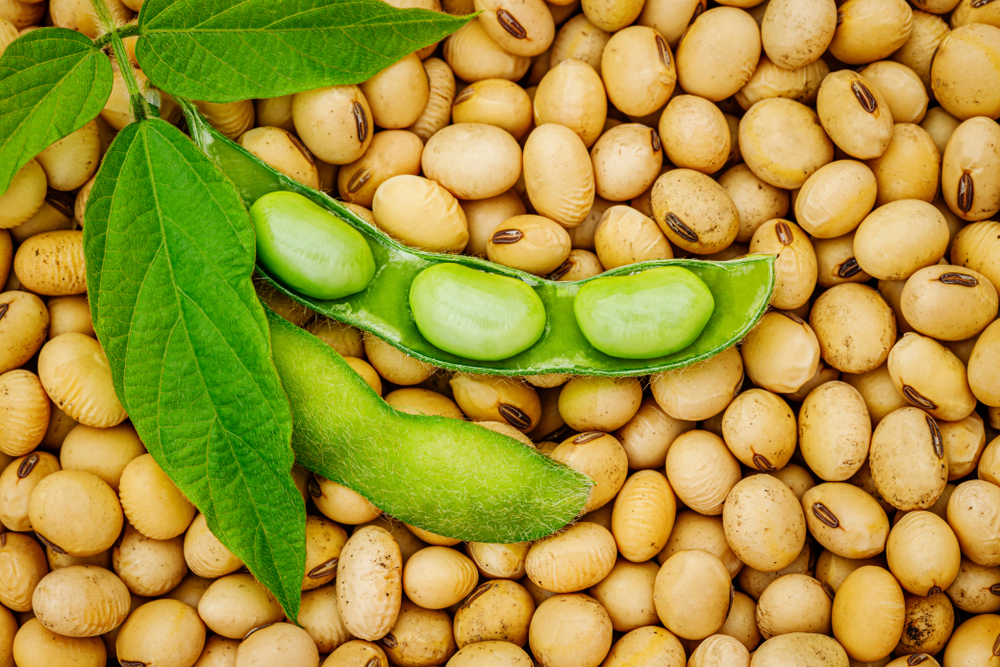
What Is Soy And Its Nutritional Profile?
Soy appears in many types of food, both traditional and packaged. Some options come in the form of whole soy foods, such as tofu, edamame, and tempeh.
These are usually less processed and keep more of their original nutrients. Whole soy foods provide soy protein, fiber, and dietary isoflavones. These isoflavones are plant-based and can have mild effects on hormone levels. In addition to whole forms, soy is also found in common soy products, such as soy milk, soy nuts, and soy lecithin.
For example, many people use soy milk as a substitute for dairy. It contains soy protein and isoflavones and can be used in drinks or cooking. Similarly, soy nuts are roasted soybeans that are eaten as snacks and serve as a source of protein and healthy fats.
On the other hand, soy lecithin is mostly used in processed foods. It helps blend ingredients but offers little nutritional value. Furthermore, some diets include fermented soy foods, such as miso or natto. These foods undergo a natural transformation process that facilitates the body's easier absorption of specific nutrients.
However, they are usually eaten in small amounts and mainly add flavor. Importantly, soy protein contains all the essential amino acids the body needs. This makes it useful for vegan people who want to include more plant foods in their diet.
Overall, whole soy foods offer more consistent health benefits than processed soy products.
How Soy Isoflavones Affect Estrogen In The Body
Soy isoflavones are natural parts of soy that act in a way similar to hormones. They have a shape that allows them to fit into the same spots in the body where estrogen normally acts.
These spots are called estrogen receptors. However, soy isoflavones are much weaker than human estrogen, so their effect is usually mild. There are two kinds of estrogen receptors: alpha and beta. Soy isoflavones mostly connect with beta receptors.
This matters because each receptor type affects the body in different ways. For example, estrogen stimulates growth in some tissues, but soy isoflavones can block or lower that effect by filling the receptor first. The way soy isoflavones work also depends on a woman's age.
In younger women who have higher levels of natural estrogen, soy isoflavones may compete with it and slightly reduce its effect. In contrast, for postmenopausal women who have less estrogen, soy isoflavones provide a gentle boost that helps with certain symptoms.
It is also important to understand that soy isoflavones are not identical to human estrogen. The body does respond to them, but the response is much weaker. This means they are less likely to cause strong hormone-related changes.
In simple terms, soy isoflavones can either block or mimic the effects of estrogen, depending on the body's needs. For menopausal women, they may offer some relief. For others, the effect may be more negligible. The body's hormone levels and the type of estrogen receptors impact how soy isoflavones act.
What Science Says About Soy And Breast Cancer
Soy and breast cancer are often linked in discussions about diet and health. Many people worry about soy because it contains isoflavones, which can act like weak forms of estrogen.
Since some breast cancers grow in response to estrogen, this raises concern. However, soy does not increase the risk of breast cancer and may even offer some protection. Several studies have explored this topic. A large systematic review from 2019 examined multiple research findings together.
It found that higher soy intake was associated with a slightly lower risk of breast cancer. This link was most noticeable in women who regularly ate soy foods, especially over a long period. These results suggest that soy is more likely to benefit than harm, especially when consumed as part of a consistent diet. [1]
Timing also matters. Women who ate soy foods before their breast cancer diagnosis often had better outcomes. Some had lower chances of breast cancer recurrence, while others had longer survival times. Soy intake after diagnosis also appeared safe.
In fact, breast cancer survivors who continued eating soy did not have higher rates of breast cancer recurrence. Research also shows differences between countries. In Asian countries, soy is a normal part of daily meals. Research findings indicate that Asian women who consume greater amounts of soy have a 30% reduced risk of developing breast cancer.
This may be because soy consumption begins early in life and stays consistent. [2] American and European women consume less soy and typically start later in life, which may explain the weaker results observed in Western studies.
In short, most evidence suggests that soy consumption, particularly from whole soy foods, does not raise the risk of breast cancer. In some cases, it may even reduce it. This is especially true for women who begin soy intake early and continue over time, even after a breast cancer diagnosis or cancer treatment.
Benefits And Relief Of Soy For Menopausal Women
Menopause brings several changes, and for many women, hot flashes are the most uncomfortable part. These sudden waves of heat can disrupt sleep, affect mood, and make daily life more challenging.
While hormone replacement therapy is often used for relief, not all women feel comfortable with it. Some individuals cannot take it due to medical reasons. This leads many to try natural options, such as soy foods. Soy contains isoflavones that mimic estrogen, potentially alleviating menopause symptoms due to declining estrogen levels.
Research supports this idea. A recent 12-week study looked at 38 postmenopausal women with at least two hot flashes per day. One group followed a low-fat, plant-based diet with half a cup of cooked soybeans daily. The other group made no changes.
The women who consumed soy experienced a 79% reduction in total hot flashes, while moderate to severe hot flashes decreased by 84%. In fact, over half of these women reported that moderate and severe hot flashes stopped completely. They also experienced better physical, emotional, and sexual well-being.
Soy isoflavone intake also supports long-term health. Post menopausal women face higher risks of heart disease and bone loss. Some studies show soy can improve bone health by slowing the rate of bone thinning. It also decreases the risk of cardiovascular disease by improving cholesterol levels and lowering the risk of heart disease.
For menopausal women who want relief without using hormone replacement therapy, soy foods offer a gentle and natural choice. Tofu, soy milk, and tempeh are easy to include in meals and provide both symptom relief and health support.
As with any dietary change, it is best to consult a doctor to ensure that soy is suitable for individual needs and health conditions.
How Much Soya Is Safe In A Daily Diet?
Many women are curious about how much soy is safe to consume daily. Consuming moderate amounts of soy is generally safe for most adults and can be an integral part of a healthy diet.
A common guideline is half a cup of cooked soybeans per day. This provides about 25 to 30 milligrams of soy isoflavones. Most experts agree that one to two servings of soy foods daily, such as tofu, tempeh, soy milk, or edamame, is a safe range for adult soy food intake.
It is also important to choose the right form. Whole or traditional soy foods offer more balanced nutrition than isolated soy protein, which is often found in processed snacks or powders. While occasional use of protein powders is acceptable, eating soy in its whole form regularly is better for long-term health.
Eating soy foods in moderate amounts does not pose a risk for healthy women. Those with specific medical conditions, such as a history of breast and prostate cancer, should talk to their doctor before making changes to their diet.
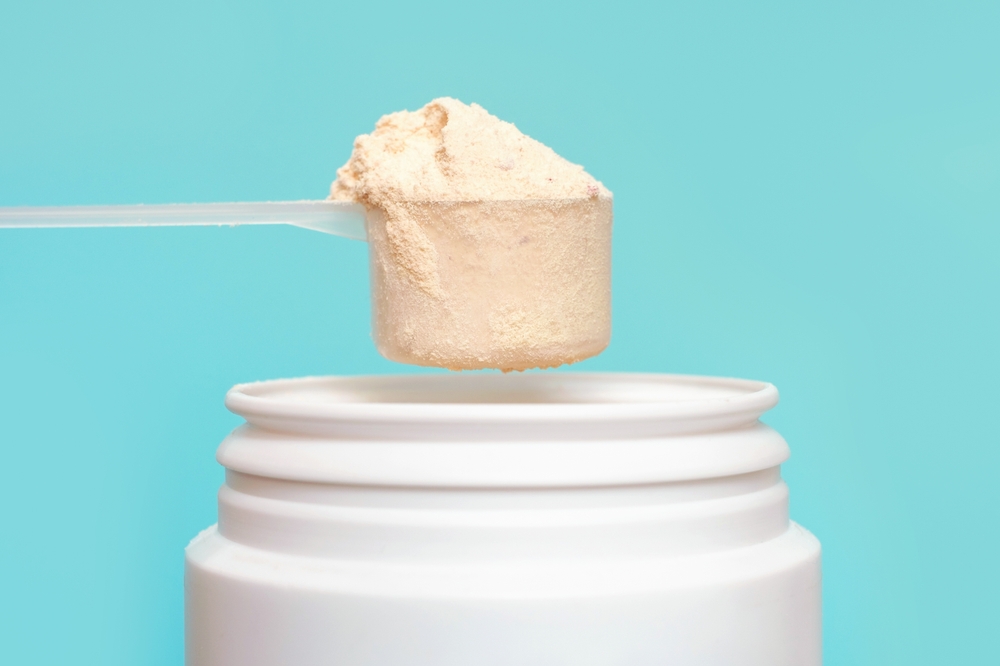
How Soy In Food and Supplement Form Affects Women Differently
Soy is available in various forms, but not all have the same effect on the body. Whole soy foods, such as tempeh, tofu, and soy milk, provide protein, fiber, and dietary isoflavones.
These nutrients naturally combine, making them easier for the body to absorb and process. On the other hand, soy supplements usually contain high amounts of isoflavones taken from the soy plant. They are often used to help with hormone-related issues.
However, they may come with more risk. The body absorbs these concentrated isoflavone supplements differently, and taking too much can lead to hormone changes that are not yet fully understood. Long-term use without medical advice may not be safe.
Eating whole soy foods in meals helps prevent excessive intake of soy. The fiber and protein slow down the rate at which the body absorbs nutrients, making the process smoother. In contrast, soy supplements provide the body with a large dose all at once, which may not be suitable for everyone.
Some women use soy products to help manage menopause or PCOS symptoms. In such cases, trusted programs like Fem Excel may guide the safe use of soy supplements as part of a broader care plan. It not only elevates the existing symptoms but also improves bone health, promotes sleep, supports fertility, and helps with mood swings.
However, always talk to your doctor before adding any supplement if you have any serious medical conditions or are undergoing breast cancer treatment.
What To Watch Out For
Not all soy is the same, especially when it comes to processed foods. Many packaged items contain soy products in the form of additives or fillers.
These ingredients are often used to prolong texture or shelf life, not for their health benefits. This is where problems can begin, especially if these foods are consumed frequently. One common ingredient is soy sauce, which is used in many dishes.
While it adds flavor, it often contains high amounts of sodium and little nutritional value. Some versions of soy sauce also include additives and preservatives, and overeating them may raise saturated fat intake if paired with other processed ingredients.
Other processed foods that contain soy might also include added sugars, salts, or saturated fat, which are not good for heart health. These hidden ingredients make it harder to know if soy is bad for women, especially when it is consumed through low-quality food sources.
The key is to focus on balance. Choose whole, simple soy foods over processed ones to give the human body better nutrition. Read labels and limit processed items to avoid unnecessary additives and support overall health. Remember that quality matters more than quantity when it comes to soy.
Final Thoughts
Many women still wonder, "Is soy bad for women?" Current research suggests it is not. In fact, eating soy in moderation is likely safe for most women and may offer other health benefits when part of a well-balanced diet.
Whole soy foods provide plant compounds that work gently with the human body. These foods may help support hormone balance and are linked to a lower risk of heart disease, bone loss, and certain cancers. When women focus on eating soy from whole food sources, they reduce cancer risk and avoid the additives often found in processed products.
A diet rich in natural soy foods can be beneficial for women at various life stages, from the reproductive years to post menopause. Still, individual needs vary. Women with specific health concerns should consult their doctor before making any changes.
No single health claim applies to everyone, but the pattern of evidence suggests that soy can be an important part of a balanced diet. If you are exploring natural ways to support hormonal health, including during PCOS or menopause, Fem Excel offers guided care and soy-based solutions designed for women.
Our programs eliminate the guesswork, helping you make informed choices that fit your body and lifestyle.
References
1. Zhao TT, Jin F, Li JG, Xu YY, Dong HT, Liu Q, Xing P, Zhu GL, Xu H, Miao ZF. Dietary isoflavones or isoflavone-rich food intake and breast cancer risk: A meta-analysis of prospective cohort studies. Clin Nutr. 2019 Feb;38(1):136-145. doi: 10.1016/j.clnu.2017.12.006. Epub 2017 Dec 15. PMID: 29277346.
2. Messina, M. (2016). Impact of soy foods on the development of breast cancer and the prognosis of breast cancer patients. Complementary Medicine Research, 23(2), 75-80. https://doi.org/10.1159/000444735
3. Barnard, N. D., Kahleova, H., Holtz, D. N., Del Aguila, F., Neola, M., Crosby, L. M., & Holubkov, R. (2021). The Women's Study for the Alleviation of Vasomotor Symptoms (WAVS): a randomized, controlled trial of a plant-based diet and whole soybeans for postmenopausal women. Menopause (New York, N.Y.), 28(10), 1150-1156. https://doi.org/10.1097/GME.0000000000001812

